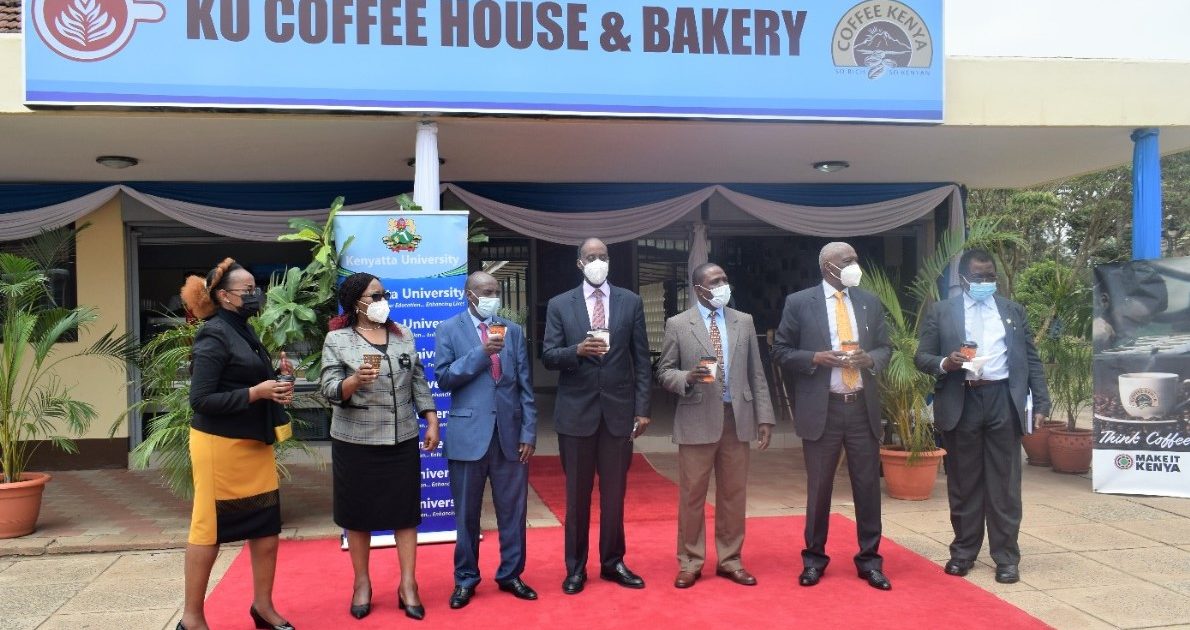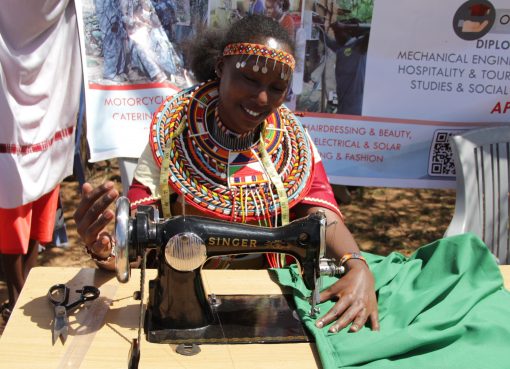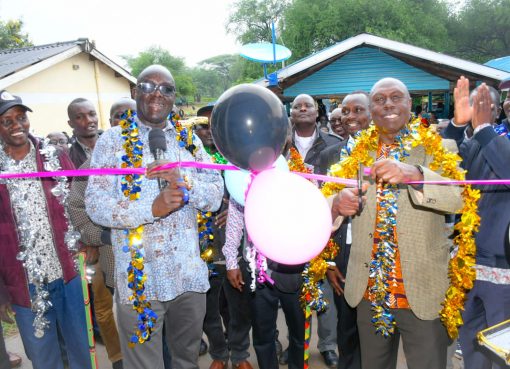International coffee prices have been on a sharp increase since June this year due to frost in Brazil with a kilogramme of the green bean fetching as high as Sh 400 at the global markets.

The price increase is as a result of reduced coffee production in Brazil that accounts for 50 per cent of the coffee at the global markets.
According to the Inter African coffee organization the frost in Brazil will affect Arabica coffee production in the next 4 years and there is a need for Kenyan farmers to thus capitalize on the demand and increase production.
Speaking during the official launch of Kenyatta University Coffee house Agriculture Cabinet Secretary Peter Munya said the Coffee Directorate is planning to start coffee shops in all public universities across the country in a bid to increase coffee consumption.
In a speech read on his behalf by Chief Administrative Secretary (CAS) Lawrence Omuhaka, the CS said “Setting up coffee houses in public universities to promote domestic consumption of Kenyan coffee has been a dream for the ministry.
He noted KU coffee house will be the 2nd coffee house in a public university after the ARC coffee house at Egerton University was opened Thursday.
“The Coffee Directorate has now facilitated the establishment of two other coffee houses at private universities namely the United States International University- Africa (USIU), being managed by Nairobi Java Coffee House Ltd and the other at Strathmore University, managed by Rockbern Coffee Ltd”, Munya said
We have witnessed a milestone in the development of domestic market for Kenyan Coffee, the CS reiterated that the 4 coffee houses in the Kenyan universities has been done within a period of five years
“The Ministry targets to open four more coffee houses in public universities within a period of four years. This will see the growth of consumption of Kenyan coffee from the current 3 per cent to 7 per cent by the end of the year 2025”, Munya said.
Coffee, he explained, is a strategic crop to the economy of this country. It is critical in the Government’s Big Four Agenda, as it supports the Manufacturing Pillar where it is critical in value addition. It is also instrumental in the Food Security Pillar.

He commended the Coffee Directorate for spearheading the promotion of value addition in coffee and consumption of Kenyan coffee in the country
“Arising from these aggressive promotional campaigns, the number of coffee houses has increased tremendously from 9 in 1997 to 355 in the year 2019”, Munya said.
He added that there has also been a corresponding increase in the total volume of value added coffee from 509 MT in the year 2009/2010 to 1,577 MT in the year 2019/2020.
“The opening of coffee houses at both Egerton and Kenyatta University will no doubt contribute to the future increase in the number of coffee houses as well as the total volume of value added coffee consumed in Kenya”, the CS said.
Munya explained that the establishment of coffee houses has a strategic trickle-down effect to the economy of the country and the accrued benefits are overwhelming for any particular university having a coffee house.
He said the government last year officiated over the use of coffee in flavouring milk yoghurt at Dedan Kimathi University of Agriculture and Technology (DeKUT).
The DeKUT on its part, he added has gone a notch higher by developing their own brand name called Dedan Kimathi University Coffee through value addition of their own coffee which it now sells in the local market.
He challenged the dons in the universities as well as the students to take advantage of the establishment of the KU Coffee House and come up with locally manufacturing coffee making equipment through fabrication and patenting of coffee making machines and reverse engineering.
This, he said, will help to address the cost of importing expensive coffee equipment in the country thereby addressing the industry need for production of high quality and cheap equipment.
The opening up of the coffee houses at the universities is being supported by the Inter African Coffee Organization (IACO) in partnership with International Coffee Organization (ICO) in coffee producing countries to address the issues of productivity improvement while also promoting domestic coffee consumption among its member states.
The Coffee Directorate received the grant for these activities from ICO through IACO and the total cost of the KU Coffee House was Sh 2,538,594.00 with a contribution of Sh1,563,610 from the IACO grant and an additional of Sh 974,984 by the Coffee Directorate.
The total IACO/ICO sponsorship was Sh2, 800,000 out of which Sh 1, 236, 390 was channeled to Egerton University towards establishment of another Coffee House.
The initiative was also in line with Resolution Number 465 of the International Coffee Organization passed in 2018 to help address the consumption disparity between coffee producing and coffee countries as a means of stabilization of coffee price fluctuation pendulums.
The government, Munya said has requested for further funding of the establishment of six coffee houses in the Kenyan universities so that the country can have at least 10 coffee houses in two years’ time.
“Ten coffee houses will make considerable influence on the youth perception of coffee as trendy beverage considering also that research has shown that drinking coffee as beverage has a number of health benefits such as the effect of caffeine which inhibits the multiplication of malignant cells which are cancerous to the body”, Munya said.
Kenya produces an average of 45,000 MT annually. Out of which, about 9 per cent is exported as raw commodity to international markets. Of the balance of 5 per cent, about 2 per cent is exported as value added while the other 3 per cent is consumed locally in the country.
Comparatively, other coffee producing countries consume much of their national production in any given year with statistics showing that domestic coffee consumption among the countries is high with Ethiopia at 50 per cent, Brazil, 40 per cent, Columbia, 35 per cent and also Guatemala at 30 per cent.
By Wangari Ndirangu





